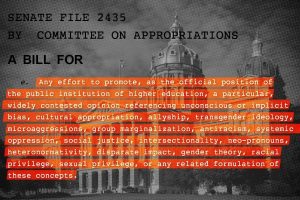In recent years, the topic of power, identity, and the battle over campus culture has become a hot-button issue in universities and colleges across the globe. From debates over free speech and political correctness to discussions on inclusivity and diversity, the struggle for control and influence over campus culture is a complex and multi-faceted phenomenon.
At the heart of this battle is the question of power – who has it, who wants it, and how it is wielded within the university setting. Traditionally, power in academia has been concentrated in the hands of administrators, faculty members, and governing boards. However, with the rise of student activism and social justice movements, there has been a push for more diversity and inclusivity in decision-making processes.
This shift in power dynamics has led to clashes between different groups on campus, each vying for control over the narrative and direction of campus culture. Students of color, LGBTQ+ individuals, and marginalized communities have been demanding more representation and recognition in the curriculum, faculty hiring practices, and institutional policies.
On the other hand, some critics argue that this focus on identity politics has led to a stifling of free speech and academic freedom. They believe that the push for inclusivity has gone too far, stifling dissenting opinions and creating a culture of censorship and political correctness.
The battle over campus culture is also deeply tied to questions of identity – who gets to define it, who is included, and who is excluded. The push for more diversity and inclusivity has forced institutions to confront their own biases and prejudices, and to rethink their approach to education and governance.
At the same time, identity politics have been used as a tool to mobilize support and galvanize movements for social change. Students of color, LGBTQ+ individuals, and other marginalized communities have found strength in their shared identities and experiences, using them to push for greater visibility and recognition on campus.
Ultimately, the battle over campus culture is about power – who gets to shape the future of higher education, and whose voices are heard in the debate. As universities grapple with these questions, it is clear that the struggle for control over campus culture is far from over. It will require dialogue, understanding, and a willingness to confront uncomfortable truths in order to create a more inclusive and equitable environment for all members of the academic community.



